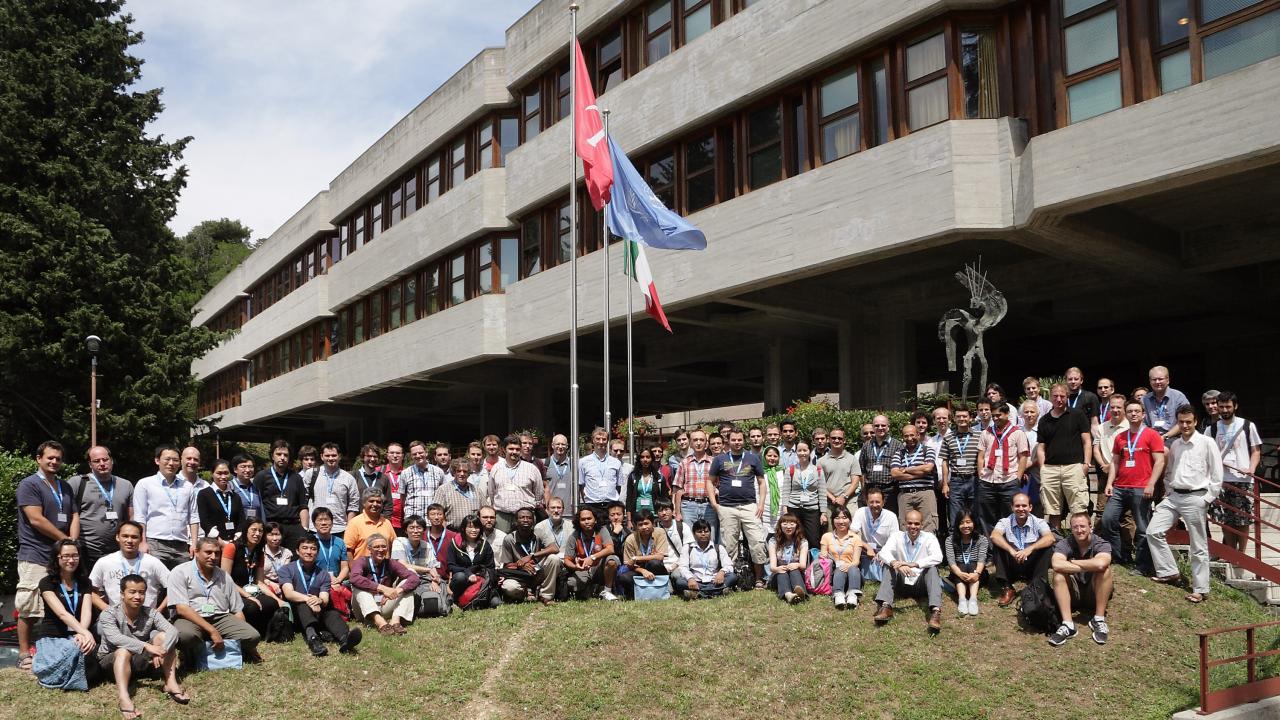
Quantum physics is equipped with very powerful computational tools. Ribhu Kaul, a professor of physics at the University of Kentucky (United States) believes that "many of the important problems in quantum many-body physics can be formulated as computational problems, and hence can be solved on classical computers, in principle." The only caveat is that the computational time required to answer some of those questions would stretch beyond the age of the universe!
Luckily, quantum physics is also equipped with well-developed analytical tools, like field theory, that can also be used to examine questions in many-body quantum physics, but in a more reasonable timeframe, albeit in less detail. And while field-theoretical research can predict the existence of various quantum states and quantum phase transitions, numerical studies are necessary to confirm their predictions.
Kaul is among a group of physicists that hope to overcome the limitations of these approaches by uniting features from both. He was a co-director of an event held at ICTP from 24 to 29 July, the "Workshop on Synergies between Field Theory and Exact Computational Methods in Strongly Correlated Quantum Matter," that worked toward that end.
The workshop hosted 108 participants and was sponsored by ICTP, the Institute for Complex Adaptive Matter, and Boston University. Markus Mueller of ICTP, Anders Sandvik of Boston University (United States) and Matthias Vojta of Technische Universitat Dresden (Germany) were the event's other co-directors.
All participants came from a physics background, but the workshop was "interdisciplinary to a large extent," said Mueller. The program encouraged experts from different approaches to studying condensed matter that don't always interact to share ideas. "Cross-fertilization is our main goal," Mueller said.
One unique aspect of the workshop was that the organizers assigned the title of each speaker's talk, in hopes of shaping the presentations from experts in seemingly-unrelated topics into a cohesive whole.
Professor Subir Sachdev of Harvard University (United States) provided a summary of the workshop on the last day, which Kaul said should be an interesting document to look back on in a few years' time. "This is an exciting, fast-paced field," Kaul said, and he thinks that many of today's questions regarding strongly-correlated quantum matter will be answered within that timeframe.
This was the first time a workshop combining these fields has been held at ICTP, but the organizers plan to hold similar events in the future, perhaps every three or four years.













